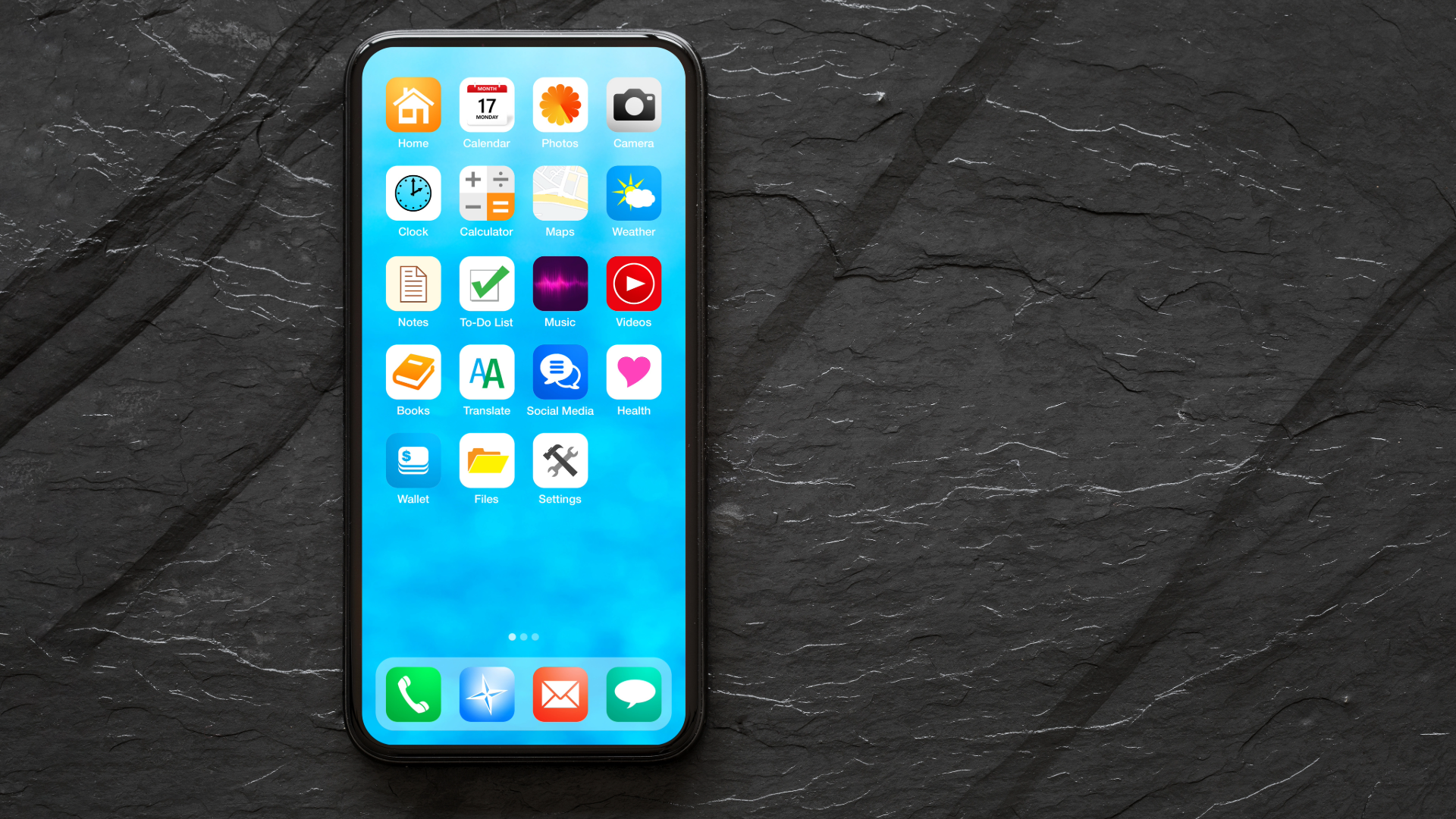What is Umbrella Insurance?
Do you know what umbrella insurance covers?

Umbrella insurance is a type of liability insurance that provides additional coverage beyond the limits of your existing policies, such as home, auto, or boat insurance. It's designed to protect you from major claims and lawsuits, offering an extra layer of security for your assets and financial future.
Key Features of Umbrella Insurance:
1. Additional Liability Coverage:
Umbrella insurance kicks in when the liability limits of your other policies are exhausted. For example, if you’re sued for $1.5 million but your auto insurance only covers up to $500,000, your umbrella policy could cover the remaining $1 million.
2. Coverage for Various Situations:
Umbrella insurance typically covers a wide range of incidents, including:
Bodily injuries (e.g., accidents on your property or caused by you)
Property damage (e.g., damage caused by your actions or negligence)
Personal liability situations (e.g., defamation, libel, slander)
Legal defense costs (even if the lawsuit is groundless)
3. Broader Coverage:
In addition to providing higher coverage limits, umbrella insurance often covers claims that may not be included in your primary insurance policies, such as false arrest, invasion of privacy, or certain lawsuits involving slander or defamation.
4. Global Coverage:
Many umbrella policies offer worldwide coverage, protecting you from incidents that might occur while you’re traveling abroad.
Who Needs Umbrella Insurance?
Individuals with Significant Assets:
If you have substantial savings, investments, or property, umbrella insurance helps protect these assets from being seized or lost due to a large liability claim.
Homeowners and Vehicle Owners:
Homeowners and vehicle owners who might face higher risks of liability due to accidents or injuries occurring on their property or involving their vehicles can benefit from the additional protection.
Landlords:
If you own rental properties, umbrella insurance can protect you from liability claims related to tenant injuries or property damage.
People at Risk of Lawsuits:
Those with a public presence, business owners, or individuals who engage in activities that increase their risk of being sued might find umbrella insurance particularly useful.
How Umbrella Insurance Works:
Supplementary to Existing Policies:
Umbrella insurance is not a standalone policy; it supplements the liability coverage in your existing insurance policies. It only activates after the underlying policy’s limit has been reached.
Affordability:
Umbrella insurance is generally affordable compared to the amount of coverage it provides, often costing a few hundred dollars per year for $1 million in coverage.
Policy Limits:
Umbrella policies typically start at $1 million in coverage and can go much higher, depending on your needs.
Examples of When Umbrella Insurance Applies:
1. Auto Accident:
You cause a car accident that results in severe injuries to another driver. The medical costs and legal fees exceed your auto insurance liability limits. Umbrella insurance covers the excess amount.
2. Property Accident:
A guest slips and falls at your home, resulting in a significant injury. If the medical and legal costs exceed your homeowners insurance coverage, your umbrella policy would cover the remainder.
3. Personal Injury Lawsuit:
You’re sued for defamation after making a public statement that someone claims damaged their reputation. Umbrella insurance can cover legal defense costs and any settlement or judgment.
Importance of Umbrella Insurance:
Umbrella insurance is crucial for protecting your financial future. Without it, a large lawsuit could exhaust your primary insurance coverage and put your personal assets at risk. It provides peace of mind by ensuring that you’re covered in case of unexpected, high-cost liability claims.
Recent posts



